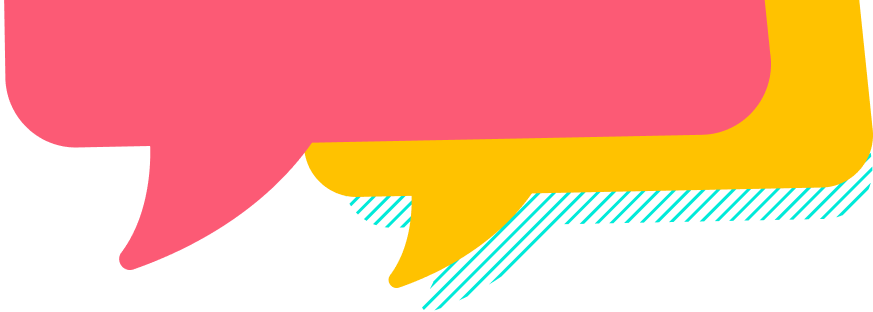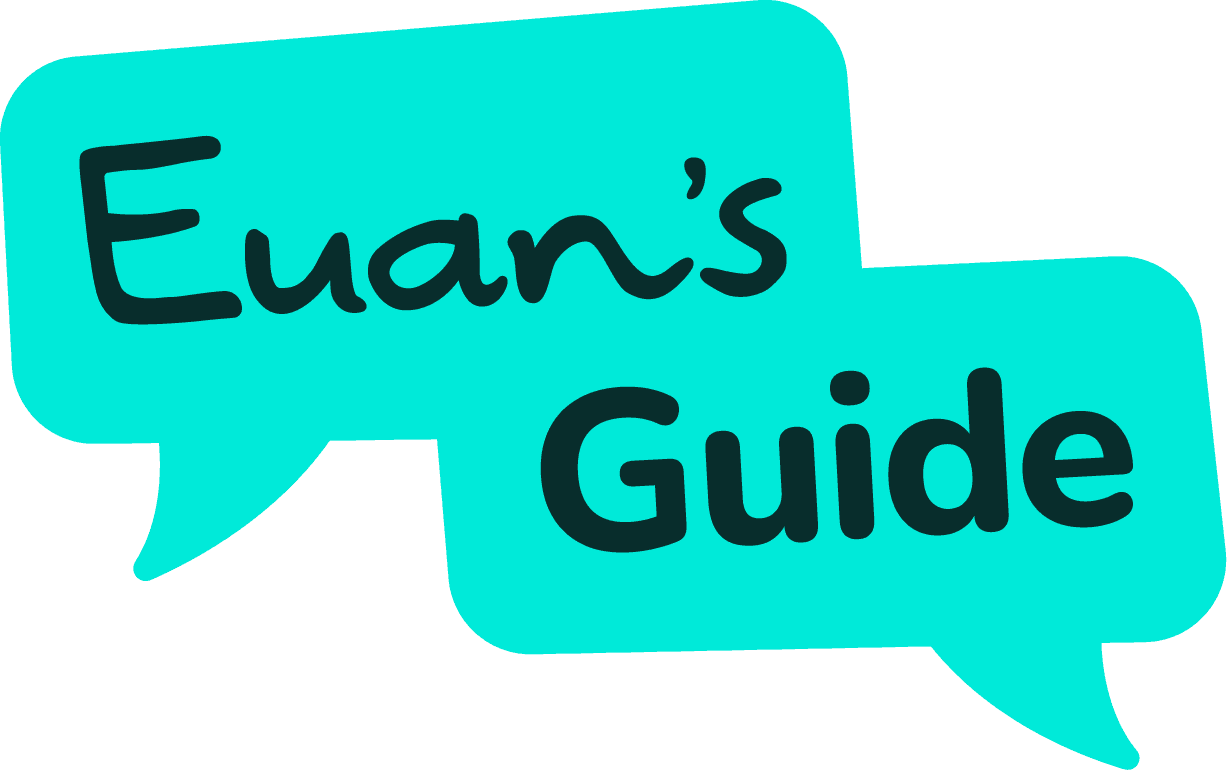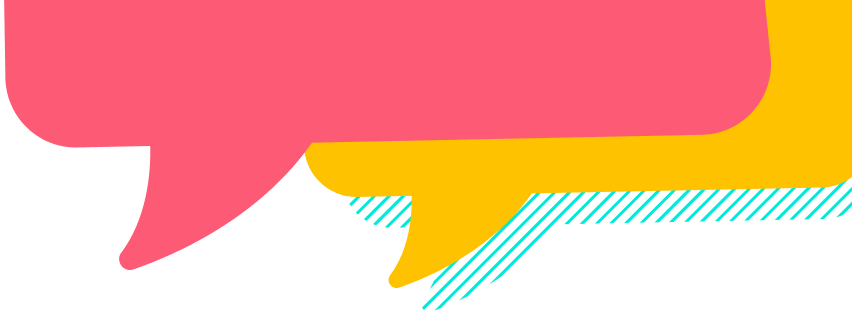In recognition of Pride Month, our Review Coordinator, Pat, shares their thoughts on the experience of being queer and disabled, and the ways in which both communities intersect.
“To be honest with you, I almost forget sometimes that it’s Pride Month and not only because I might not even realise it’s June. I’m a queer person all year round and I experience the joy and the struggle of it every day. But every June I am reminded of the occasion by companies changing their logos to rainbow colours and supermarkets selling rainbow merch. While I enjoy bright colours and stripes as much as the next queer, possibly more so, but I can’t help but wish that life for LGBTQIA+ people was as fun and easy as the “Love is Love” decal on the bus suggests.
“If you are disabled person, you will be familiar with discrimination, lack of access and the constant need to advocate for and explain yourself. If you are queer, especially if you are trans or gender non-conforming, you will be familiar with discrimination, lack of access and the constant need to advocate for and explain yourself whether you are disabled or not. While disability and queerness are distinct experiences and everyone’s experience of access and discrimination differs, I think we can all agree that we just want to be able to go to the bathroom without it being a problem.
“Toilets are only the tip of the iceberg, but they serve well to illustrate that so much more is needed if even something as basic as using a bathroom is not accessible to many disabled and queer people. Both as trans and disabled people, we have been fighting for our right to exist and access basic needs whilst watching essential services being cut. I hope that these parallels encourage allyship in the disabled and queer communities and prompt all of us to think more intersectionally and beyond our own personal experience.
“When I talk about intersectionality, it’s about recognising that people can be marginalised and discriminated against in more than one way and that the overlap of identities leads to unique experiences and challenges. The experience of a disabled queer person includes things that neither a non-disabled queer person nor a cis-straight disabled person would experience. An example might be that many autistic trans people have their gender identity dismissed as a “symptom” of their neurodivergence or that people who use BSL cannot rely on interpreters or their peers to know the signs for queer terminology.
“LGBT Health and Wellbeing has some resources that recognise the special experience of queer people who are d/Deaf or neurodivergent and there are peer support groups for disabled queers in Edinburgh and Glasgow. I also really enjoyed hearing from Aaron about his experience in his Learning Disability Pride blog post and I hope that we can all follow his example of thinking of Pride more inclusively. In this piece, I am drawing on my own experience and so my focus is on disability and queerness, but inclusivity also encompasses ethnicity, class, age and so much more.
“I was already part of the queer community when I became disabled and it taught me that when we cannot rely on the establishment, we rely on each other. I am glad that I knew that when it came to figuring out life as a newly disabled person, as it would have been so much harder without the support of my peers. We share knowledge and resources - my first powerchair was a loan from a friend - and when we can’t find a place where we can be ourselves, we will create one.
“Unfortunately, not all of these places can last in an environment that values profit over people and thus mainstream appeal wins out over providing lifelines for the (multiply) marginalised. In my research, I came across a wonderful accounting of “Ten Years of Disabled- and Skint-Led Queer & Trans Art in Scotland”, the performance and art project Cachín Cachán Cachunga. Sandra tells the story of a decade of creating space and making art and building community, never for profit but always for paying the artists, access providers and technicians. We learn about organising Disabled and Deaf LGBTQI+ Pride in Glasgow in 2018 and of becoming burnt out from years of being passed over for funding.
“Rather than dwelling on the loss of incredible work like this, I want to celebrate the efforts and the resilience of our communities, of people who come together again and again to create the spaces that people need and deserve, even if it is just for a little while. Reviews like “Finally a queer safe space with an accessible toilet.” of now-closed Bonjour in Glasgow show that accessibility is something that members of the LGBTQIA+ community need and want. Similarly, Pink Peacock was a vegan pay-what you can café in the Southside that was proudly and unapologetically queer, Jewish, anarchist and loved for it. They were a rare sober space that had a large changing bench and provided masks and lateral flow tests to its patrons. I am choosing to see the closure of these places not as failures but as frontrunner examples of a more inclusive future. We often say that improvements to accessibility make things better for everyone and I need you to join me in showing queer venues and events that access measures matter, even if you personally do not need them to participate.
“When I searched “queer” in the venue search field on EuansGuide.com, there was a review of Queer Britain, an exhibition I now very much want to visit! London is a bit far for a spontaneous trip from my new home in Edinburgh though, so with Edinburgh Pride coming up this Saturday, I took the chance to have my colleague Julie show me around some of the gay bars in central Edinburgh.
“The Street, a venue for Cachín Cachán Cachunga in 2010, and Planet Bar & Kitchen are both new to Euan’s Guide since I submitted my reviews, and the last time CC Blooms was reviewed was in 2019, so I’m glad to have updated their disabled access information, which is vital for Euan’s Guide to be able to provide accurate and up to date information.
“I am also looking forward to coming back and, not being much of a party animal, visiting some places that are a bit more my speed, like Lighthouse Books – last reviewed in 2021 - and Kafe Kweer.
“In the meantime, I will be sharing more of my experiences of LGBTQIA+ venues back home in Glasgow. I’ve got a list of almost twenty places I would like to visit and only Polo has been reviewed so far! The review from 2014 does not bode well, but I am curious to see whether more than ten years on, anything has changed for the better in terms of accessibility.
“As suggested by this blog being more of a to-do-list than a round-up, access and liberation are a constant work in progress.
“I want to invite you to join me at the intersection of queerness and disability. Let’s increase the number of LGBTQIA+ venues represented on Euan’s Guide, as a constant not just for Pride. Let’s make it clear to queer people that they are welcome and thought of in the disabled community and vice versa. Let’s remind queer venues that they are about community and that this community includes all of us, disabled, neurodivergent, immunocompromised and those who, currently, are not.”
If you know of a great queer venue, or even just a great venue, submit your disabled access review today!

Sign up to our newsletter
Stay up to date with the latest news, announcements, and articles.
Read about our Privacy Policy.




